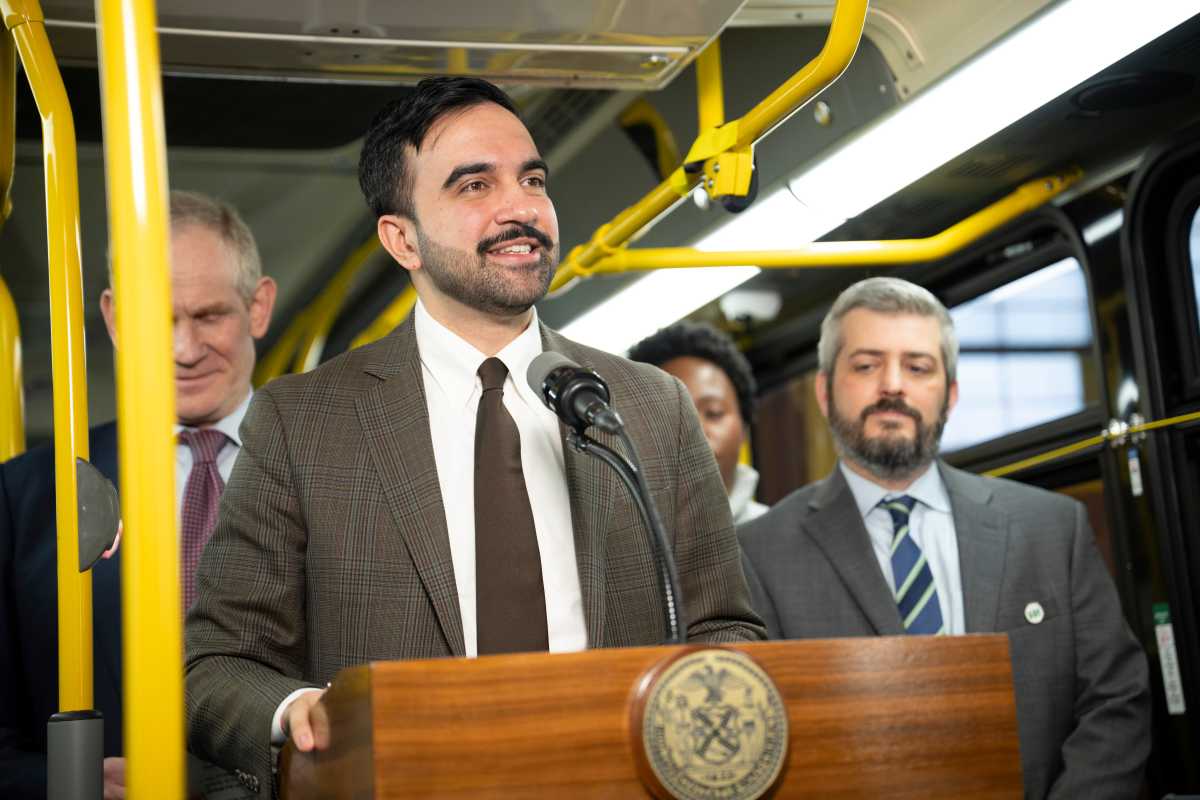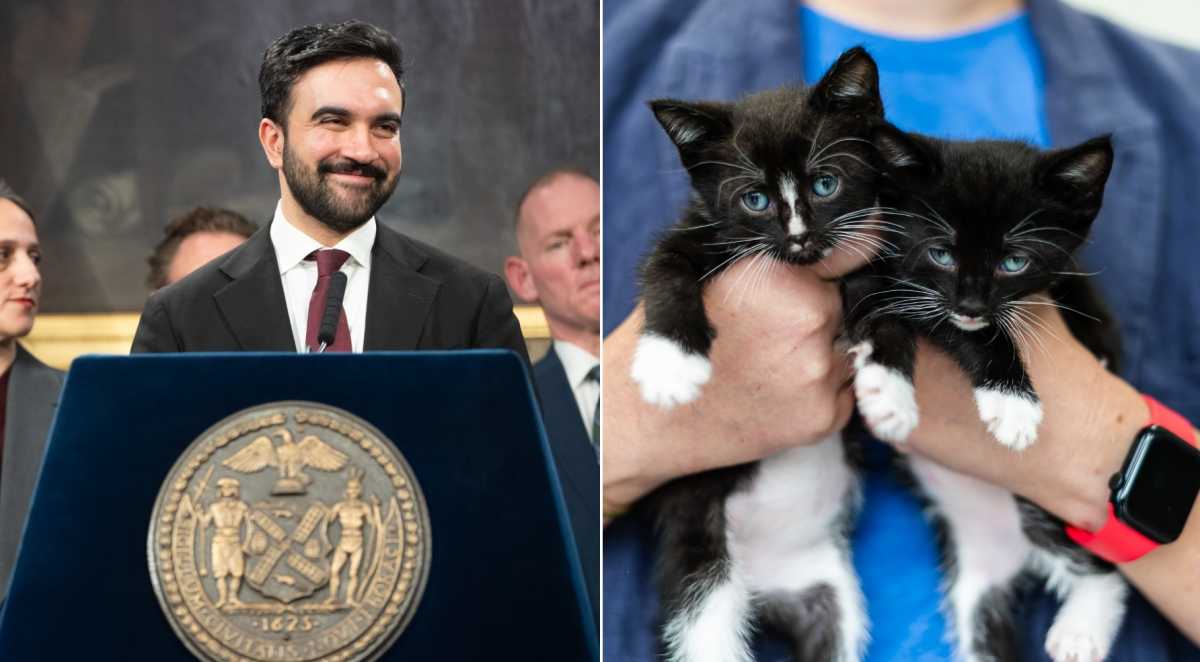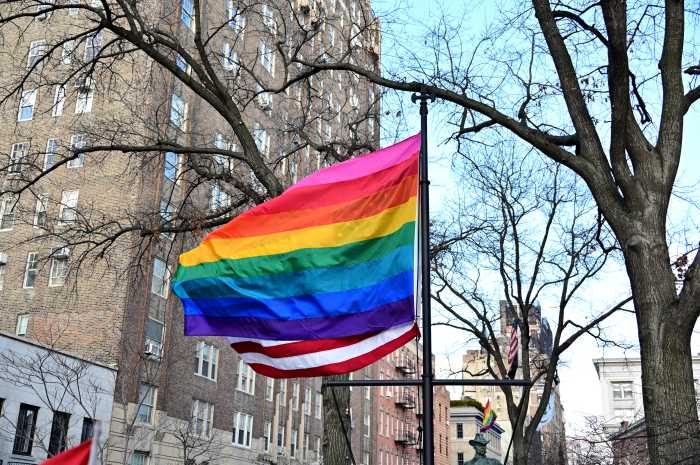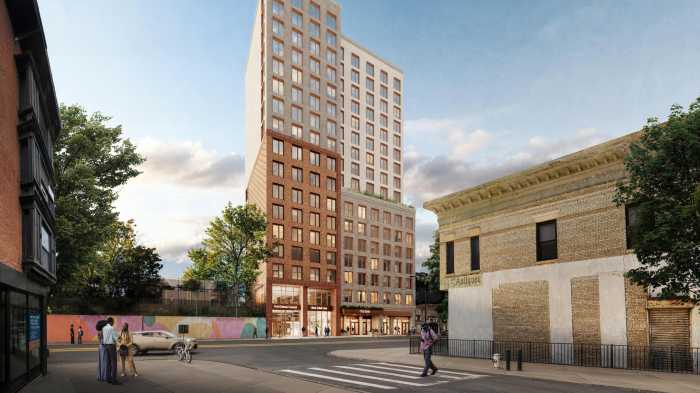The $168 billion budget which passed in the early hours of Saturday morning, contains a number of positive steps and important programs, but nonetheless leaves much on the table- as well as some elements which didn’t ever make it to the table at all.

I was glad to see that the efforts to insulate hardworking New Yorkers from the Trump tax plan, one which directly targets them as a bankroll in order to cut taxes on wealthy corporations, passed in the final budget. These protections against this Republican federal government are essential, whether financially or regarding basic human rights. I was also heartened to see that there will be a long overdue tax on prescription drug makers, the revenue from which is essential to combat the crisis of addiction that grips New Yorkers from small towns and big cities alike. On these and in a number of areas, it appears as though the Governor has read the progressive political winds and is attempting to ride them into an election year. Despite these calculations, political considerations seem to have blocked or limited a number of vital, long-overdue reforms.
As important as the things which were included in the budget are the vital components which have been left out. The Child Victims’ Act was inexplicably excluded from the final budget, as was the bail reform so desperately needed in New York, and which Governor Cuomo has in the past promised was one of his top priorities. Early voting, which the governor has proclaimed as an essential part of his Democracy Project and which would drastically increase citizens’ engagement in our democratic process, did not make the cut.
Little has been done to address the systemic educational inequities that students face purely on the basis of their zip code. Housing priorities such as meaningful action to combat homelessness, or the levels of funding that are truly needed to confront the ongoing crises at NYCHA housing, seem to never have made it into the negotiations at all. An independent monitor is a positive step, but without the necessary funding allocations, issues faced by long-suffering NYCHA tenants will at best be acknowledged, but inadequately addressed or corrected. Residents of NYCHA need a long-term financial commitment to ensure that they remain a priority after the election year has passed.
Regarding the pressing challenge of addressing the ruinous condition of New York’s public transportation, the governor was only able to take the most cursory of steps, applying a fee to for-hire vehicles, rather than pursuing more bold measures such as a millionaire’s tax. Additionally the state’s percentage of investment allocated in the budget fell drastically short of what was necessary, given the state’s stranglehold on MTA control and ownership of its failures. The system set in place for MTA payments from New York City amounts to a cash grab by the governor without adequate oversight, the same kind of predatory tactic that localities across the state fear.
I believe that the abandonment of these progressive priorities came largely as a result of a deeply flawed, secretive process that included four men in a room and excluded the voice of the Senate’s bold Democratic leader in Senator Andrea Stewart-Cousins. This is perhaps most clearly demonstrated in the new policies announced surrounding sexual harassment. Previous policy discouraged victims from coming forward and allowed taxpayers to fund the despicable actions of men in power, and I am glad to see that some of these egregiously, fundamentally destructive practices were corrected. However, the fact that these negotiations were primarily between men has allowed for the resulting policy to be inadequate and flawed. More must be done, and the conversation must not be male-dominated.
In the kind of opaque process that occurred throughout final budget negotiations, it is all too easy for the Governor to shrink away from many of the the bold promises he made in his State of the State Address without facing accountability. It is my hope that the progressive issues which have been cast aside in these crucial negotiations are taken up quickly by state government in their aftermath, but it is not my expectation. As long as conservative control of the Senate is unimpeded, and the executive is unwilling or unable to advance these issues, progressive priorities will continue to languish. In a state that proudly declares itself a progressive beacon, the left remains left behind.
New York City Council Member Jumaane D. Williams represents the people of the 45th Council District in Brooklyn. He is currently running for Lt. Governor in the Sept. 13 State Primary.










